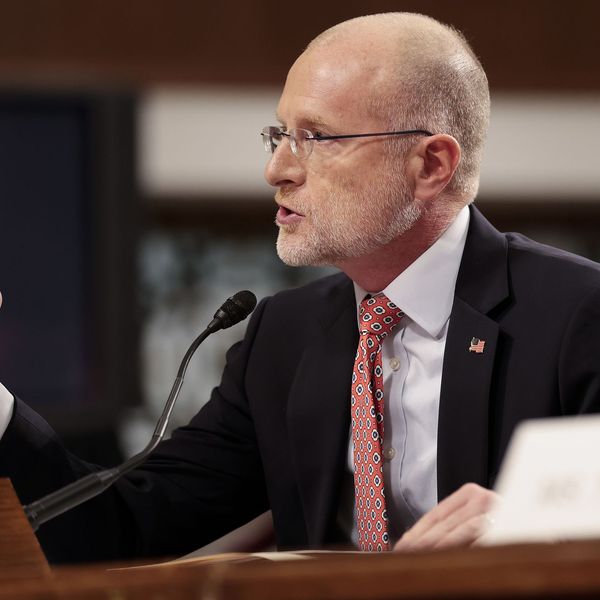The Federal Communications Commission (FCC) will vote on a new and updated version of Net neutrality rules at its February monthly meeting, currently scheduled for February 26.
In Friday's Washington Post, Brian Fung reported:
"President Obama's top telecom regulator, Tom Wheeler, told fellow FCC commissioners before the Christmas holiday that he intends to circulate a draft proposal internally next month with an eye toward approving the measure weeks later, said one official who spoke on the condition of anonymity because the agency's deliberations are ongoing. The rules are meant to keep broadband providers such as Verizon and Comcast from speeding up or slowing down some Web sites compared to others."
Earlier in the week, Fung wrote, "... Momentum seems to have been building at the Federal Communications Commission for aggressive net neutrality rules similar to the kind endorsed by President Obama in November. The stronger rules laid out in Obama's plan would see the FCC treat lightly regulated broadband companies like their more heavily regulated cousins in the telephone industry..."
Central to the argument put forward by the president and pro-Net neutrality media reform groups is the reclassification of Internet Service Providers (ISPs) as a common carrier -- a utility like the phone companies -- under Title II of the Telecommunications Act. This gives the FCC greater regulatory authority. Until recently, the major ISPs have vehemently opposed reclassification, but as Fung noted last week, "... New filings to the FCC suggest a growing realization that aggressive rules may be coming, regardless. This is reflected in an increasingly detailed debate over how far those rules should go -- if, in the end, the FCC takes that route."
That's why the word you may be hearing more in the coming weeks of debate is "forbearance." It refers to just how much of Title II should be used to regulate the Internet. Some ISPs argue that parts of Title II really don't apply and that the FCC should "forbear" from using those sections of the law. Others continue to insist that any reclassification at all will be harmful. In any case, assuming the FCC will approve new rules in February, expect legislation from the new Republican Congress attempting to block them, perhaps as soon as this month.
The Wall Street Journal reports, "Many conservatives and the broadband industry say utility-like regulation is a step too far, arguing it will stifle innovation in the industry." Nonetheless, "any legislation to override or undo the Internet rules would be a heavy lift in Congress. It would have to pass both the House and Senate, then override a likely veto from Mr. Obama, which would requite a two-thirds vote in both chambers."
Asked for comment, former FCC Commissioner Michael Copps, now heading the Media and Democracy Reform Initiative at Common Cause, told BillMoyers.com, "The answer has been clear for years: the FCC must protect free expression and prohibit monopoly control on the Internet by reclassifying. Anything else betrays the millions of Americans who have spoken so clearly on this critical issue."
You can continue to file your own comments on the Net neutrality debate at the FCC website.


